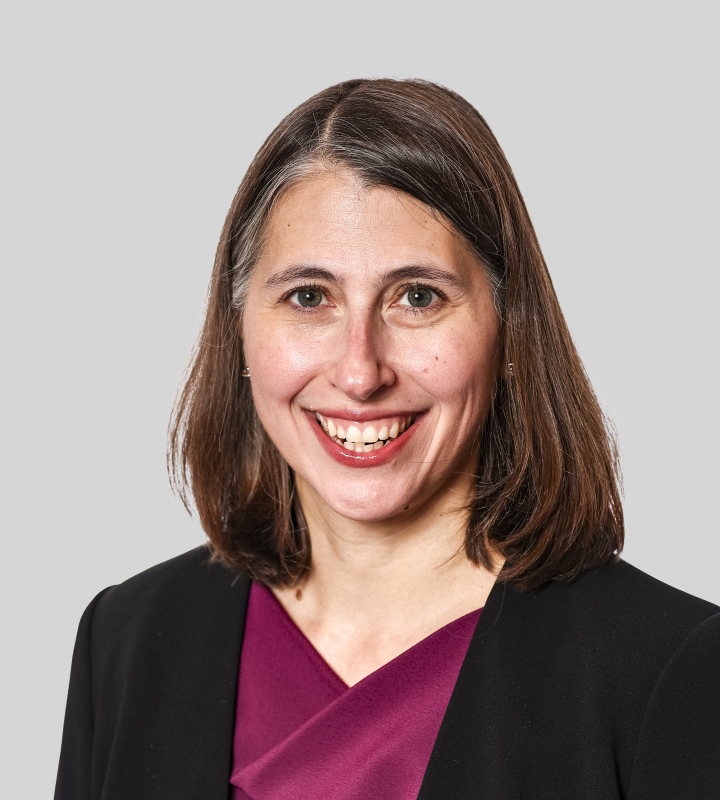Michelle is President & CEO of The Greenwall Foundation.
She has wide-ranging experience in translating bioethics scholarship into
real-world applications that affect everyday lives and draws on that experience
to help realize the Foundation’s vision of making bioethics integral to
decisions in health care, policy, and research.
Michelle previously served as the Foundation’s Chief
Operating Officer (2018-2020) and Director of Bioethics Grants, Strategy, and
Special Projects (2015-2017). Prior to joining the Foundation, Michelle was
Associate Director at the Presidential Commission for the Study of Bioethical
Issues where she oversaw work on diverse topics including neuroscience and
related ethical issues, pediatric medical countermeasure research, and human
subjects research protections.
A graduate of Harvard Law School, Michelle also practiced
law in Washington, DC and clerked for the Honorable Bruce M. Selya on the U.S.
Court of Appeals for the First Circuit. She has published articles on various
legal issues and topics in bioethics including end-of-life decision-making,
research ethics, and emerging genetic technologies.
Committee Member Q & A
We asked each Committee Member four questions to gain insight into who they are and what they value in bioethics scholarship and the Faculty Scholars Program.
What professional activity or accomplishment are you most proud of?
I am incredibly proud of the work accomplished by the Presidential Commission for the Study of Bioethical Issues, which published ten reports to President Obama and his administration on several complex ethical issues. I am particularly proud of empirical work I lead to inform the Commission’s Moral Science report: Confronted with the fact that there was no readily available, comprehensive listing of federally supported human subjects research, we collected and analyzed five years of project-level data from 18 federal agencies. We then made these data publicly available for future research.
In your work, how have you engaged with people who face bioethics dilemmas in their professional activities or personal lives?
The Bioethics Commission directly responded to bioethics policy dilemmas raised by the President. And, as a practicing attorney, I worked on cases surrounding end-of-life decision making, which directly affected the individuals involved as well as others in their states.
Who has been affected by your work in bioethics?
The Bioethics Commission’s recommendations have impacted policy, research, and clinical care and, as mentioned above, the legal matters I worked on had a direct and real impact the parties involved.
What do you view as the greatest strength of the Greenwall Faculty Scholars Program?
The greatest strength of the Program is the community it has built over the last two decades. The scholarship that the Program produces is impressive, but I find the community of Scholars who are willing to learn from, listen to, and support one another much more impressive. It is a group that is truly invested in and lifted by each member’s success.
